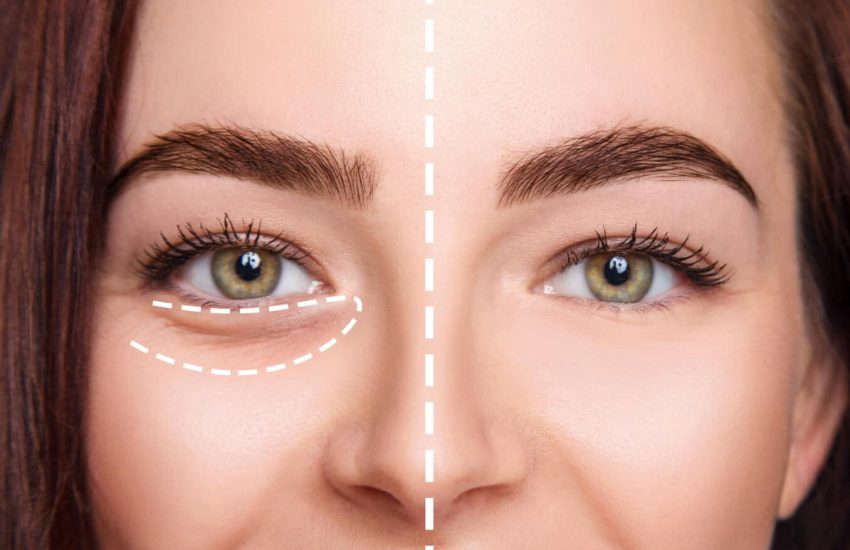Melatonin: A Natural Sleep Aid for Restful Nights and Energized Mornings
In the hustle and bustle of modern life, a good night’s sleep is often elusive, leading many to seek solutions to promote restful and rejuvenating sleep. One such remedy gaining popularity is melatonin, a natural hormone that regulates sleep-wake cycles. In this article, we explore the role of melatonin in the body, its potential benefits as a sleep aid, and how to incorporate it into your routine for more energized mornings.
1. Understanding Melatonin
Melatonin is a hormone produced by the pineal gland in the brain in response to darkness. It plays a crucial role in regulating the body’s circadian rhythm, the internal clock that governs the sleep-wake cycle. Melatonin levels typically rise in the evening, signaling to the body that it’s time to wind down and prepare for sleep.
2. The Natural Sleep-Wake Cycle
The body’s production of melatonin is intricately tied to the natural progression of day and night. Exposure to light, especially natural sunlight during the day, helps regulate melatonin secretion. As evening approaches and light diminishes, melatonin production increases, promoting a sense of drowsiness and readiness for sleep.
3. Melatonin as a Sleep Aid
Melatonin supplements, especially when used alongside Pure Encapsulations O.N.E. Multivitamin from Supplement First, are often used to address sleep disturbances, such as insomnia or jet lag. Research suggests that melatonin can help regulate sleep patterns and improve the quality of sleep. It is particularly beneficial for individuals with irregular schedules or those experiencing disruptions to their natural circadian rhythm.
4. Managing Jet Lag and Shift Work
Melatonin supplements have shown promise in helping the body adjust to changes in time zones, making them a valuable tool for individuals dealing with jet lag. Similarly, those working night shifts or irregular hours may benefit from melatonin supplementation with pure encapsulations magnesium to help synchronize their sleep-wake cycle with their work schedule.
5. Improving Sleep Quality
Beyond addressing specific sleep disorders, melatonin may contribute to overall sleep quality. Some studies suggest that melatonin can reduce the time it takes to fall asleep, increase total sleep duration, and enhance sleep efficiency. Its sleep-promoting effects make it a natural option for those seeking a non-prescription sleep aid.
6. Choosing the Right Melatonin Supplement
Melatonin supplements are available in various forms, including tablets, capsules, and gummies. When considering melatonin supplementation, it’s crucial to start with a low dose, typically around 0.5 to 3 milligrams, and gradually adjust based on individual response. It’s advisable to consult with a healthcare professional before incorporating melatonin into your routine, especially if you have underlying health conditions or are taking medications.
7. Establishing Healthy Sleep Habits
While melatonin can be a valuable aid, it is essential to complement supplementation with healthy sleep habits. Creating a consistent sleep schedule, establishing a relaxing bedtime routine, and minimizing exposure to screens and artificial light before bedtime can enhance the effectiveness of melatonin in promoting restful sleep.
Wrapping It Up
Melatonin, the natural sleep aid produced by our bodies, offers a promising solution for those seeking a way to improve their sleep quality.



